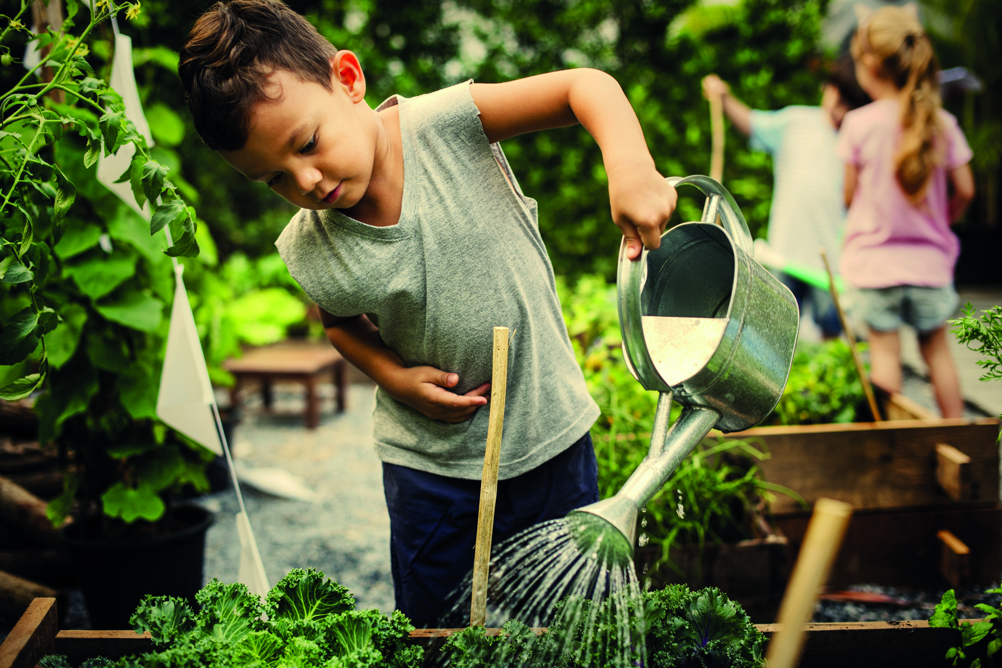
A£1 million programme to increase understanding of the Froebelian approach is under way, with experts in England and Scotland working with global partners to revive a ‘pedagogy of possibility’ that is as relevant today as it was 180 years ago.
Initiatives include the creation of flagship Froebelian centres, a new one-stop shop website, training to provide a new cohort of setting leaders and travelling play cafes.
Two teams have been appointed to lead the three-year £1m programme funded by the Froebel Trust, the Froebel Partnership team in England and Froebelian Futures in Scotland.
They will work with designated partners in New Zealand, Greece and the Czech Republic to undertake intensive research, develop practice and undertake community engagement projects.
Register now to continue reading
Thank you for visiting Nursery World and making use of our archive of more than 35,000 expert features, subject guides, case studies and policy updates. Why not register today and enjoy the following great benefits:
What's included
-
Free access to 4 subscriber-only articles per month
-
Unlimited access to news and opinion
-
Email newsletter providing activity ideas, best practice and breaking news
Already have an account? Sign in here









